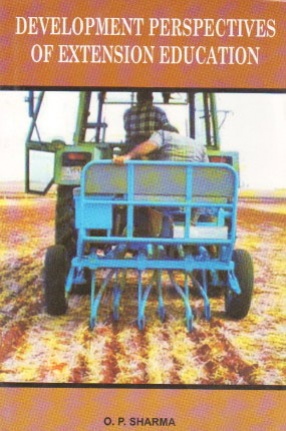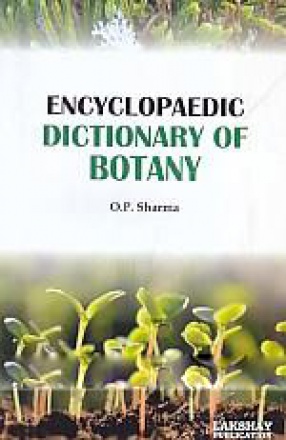The primary goal of agricultural extension is to assist farm families in adapting their production and marketing strategies to rapidly changing social, political and economic conditions so that they can, in the long term, shape their lives according to their personal preferences and those of the community. The task o extension, thus, s to improve interactions among actors within the agricultural knowledges system (AKS) so that farmers have optimum access to any information that could help them enhance their economic and social situation. Agricultural extension is then, in the first instance, a facilitator between actors in the AKS. This mediating function focuses on improving those relationships that promise to be most beneficial to the farmers.
India is a country of villages and about 50% of the villages have very poor socio-economic conditions. Since the dawn of independence, concerted efforts have been made to ameliorate the living standard of rural masses. Rural development has been an integrated concept of growth and poverty elimination has been of paramount concern in all the consequent five year plans. Rural development aims at finding the ways to improve the rural lives with participation of the rural people themselves so as to meet the required need of the rural area.
The manuscript highlights the conceptual overview of development perspectives of extension education with rural and agricultural efforts carried on in the country. Moreover, the content of the book are designed as per the revised Post graduate course curricula of India council of Agricultural Research, New Delhi for the course Development Perspectives of Extension Education (EXT-501) of the extension education discipline with a hope that the book will able to provide the fundamental and meaningful viewpoint of the theme and rural developmental approaches pleasantly to the scholars, academicians and policy makers of the discipline.







There are no reviews yet.